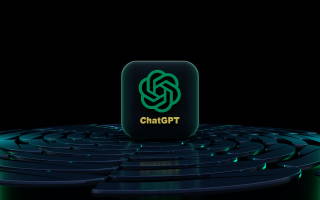Top 10 Best Websites to Use for Research
Research is a process of inquiry that involves gathering, analyzing, and interpreting information to answer questions, explore theories, or test hypotheses. In ... read more...this introduction, Toplist will explore some of the best websites to use for research purposes.
-
Google Scholar is a web search engine that is designed to search scholarly literature, including articles, theses, books, and conference papers, among other sources. It was launched by Google in November 2004 and is freely accessible to anyone with an internet connection.
Google Scholar uses the same search technology as Google's main search engine, but it focuses on academic and scholarly content. It indexes scholarly literature from a wide range of sources, including academic publishers, professional societies, online repositories, universities, and other websites that provide scholarly content.
Users can search for academic and scholarly content using a range of search queries, including author names, article titles, keywords, and publication names. Google Scholar provides various features to help users find relevant content, including citation tracking, alerts, and related articles.
Google Scholar offers a variety of tools that can benefit researchers beyond its search capabilities. These include citation tracking, which allows users to assess the impact of an article or author by tracking how many times it has been cited by other scholarly works.
Users can also set up alerts to receive notifications when new articles matching their search criteria are published and explore related articles to find additional relevant content. Google Scholar may also provide access to full-text articles and offer metrics such as the h-index, which measures an author's productivity and impact based on their citation count.
Pros:
- Provides a vast collection of scholarly articles, theses, books, and conference papers.
- Offers advanced search options and citation metrics.
- Includes a "Related Articles" feature to discover additional relevant sources.
Cons:
- Some content may not be freely accessible.
- Quality control varies, and not all sources are peer-reviewed.
- Limited advanced search functionality compared to specialized databases.
Website: https://scholar.google.com/
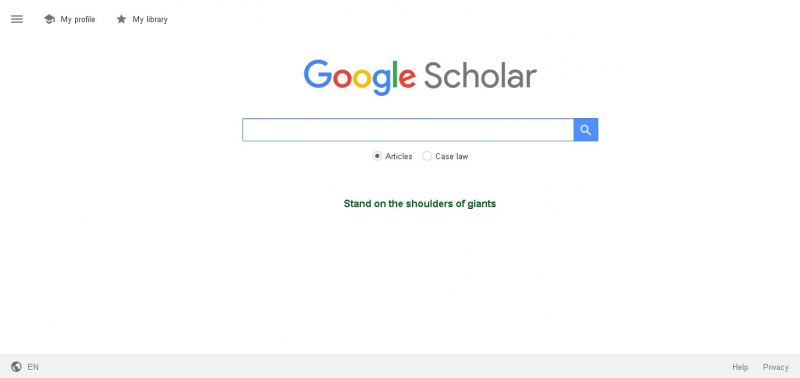
Screenshot via https://scholar.google.com/ 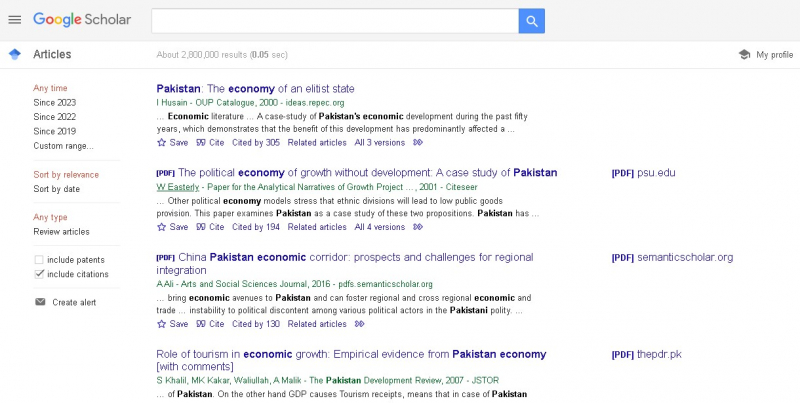
Screenshot via https://scholar.google.com/ -
JSTOR is a digital library that grants access to academic journals, books, and primary sources. It stands for "Journal Storage," as its primary focus at inception was the digitalization and safeguarding of scholarly journals. Since its establishment in 1995, JSTOR has emerged as a widely utilized resource for researchers, students, and scholars.
JSTOR presents an extensive compilation of scholarly content encompassing diverse disciplines, such as the humanities, social sciences, natural sciences, and more. It encompasses a broad spectrum of subjects, including literature, history, sociology, psychology, economics, political science, and numerous others.
To avail themselves of JSTOR's resources, users usually require a subscription or institutional access through a participating library or educational institution. Subscribers can explore articles, peruse journals and books, and gain access to full-text content. JSTOR facilitates access to archival issues of journals, often spanning back to their origins, rendering it a valuable resource for historical research.
Apart from its subscription-based model, JSTOR offers an array of options to individuals. This includes a program known as Register & Read, which enables limited free online article access. Additionally, they provide complimentary admission to a compilation of public domain materials, encompassing early journal content and primary source materials.
Pros:
- Contains a comprehensive collection of academic journals, books, and primary sources.
- Offers high-quality content, mostly peer-reviewed and reputable.
- Provides advanced search options and citation tools.
Cons:
- Access to full-text articles often requires a subscription or payment.
- Recent articles may have an embargo and not be immediately available.
- Subject coverage may be limited in some disciplines.
Website: https://www.jstor.org/
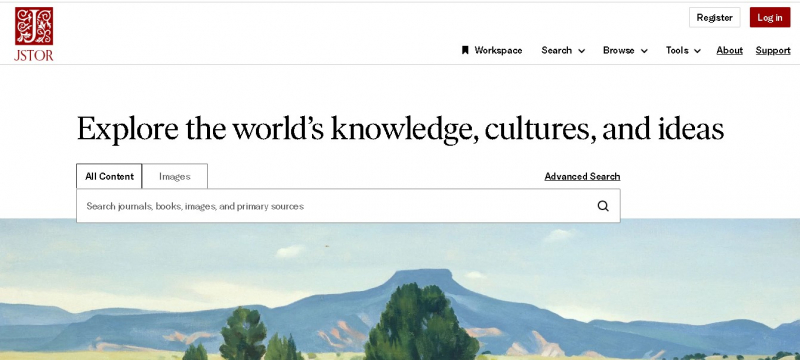
Screenshot via https://www.jstor.org/ 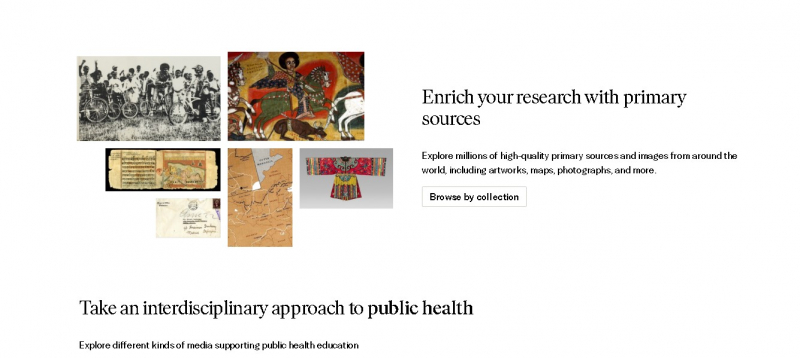
Screenshot via https://www.jstor.org/ -
The Library of Congress is the largest library in the United States and one of the largest libraries in the world. It serves as the research library and the main library of the U.S. Congress. Established in 1800, the Library of Congress is located in Washington, D.C.
The primary mission of the Library of Congress is to provide resources, support research, and preserve knowledge for the legislative branch of the U.S. government. However, it also serves as a national library and offers access to its vast collection to researchers, scholars, and the general public.
The Library of Congress houses an extensive collection of books, manuscripts, maps, photographs, recordings, and other materials covering a wide range of subjects and formats. Its holdings include millions of books, historical documents, newspapers, musical scores, films, sound recordings, and digital resources. The collection encompasses materials in various languages and represents diverse cultures and perspectives.
The Library of Congress offers various services and programs, including research assistance, exhibitions, educational programs, and digital collections. It strives to make its resources accessible to as many people as possible, both through its physical facilities and its online presence.
Pros:
- Houses an extensive collection of books, manuscripts, maps, and other materials.
- Includes historical documents, rare books, and primary sources.
Cons:
- Limited focus on scholarly articles and journals.
- Access to physical materials may require on-site visits.
- Not a comprehensive database for all subjects.
Website: https://www.loc.gov/
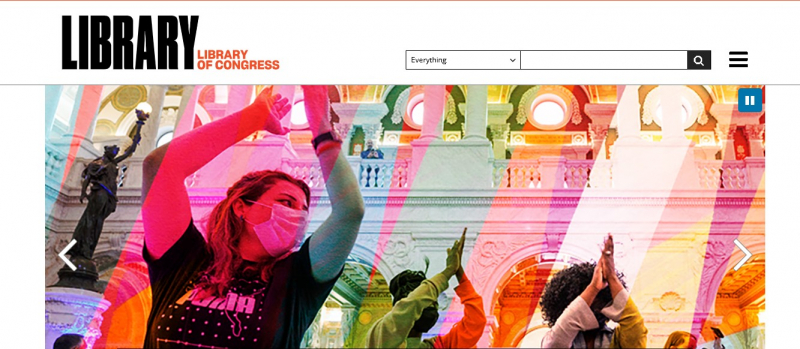
Screenshot via https://www.loc.gov/ 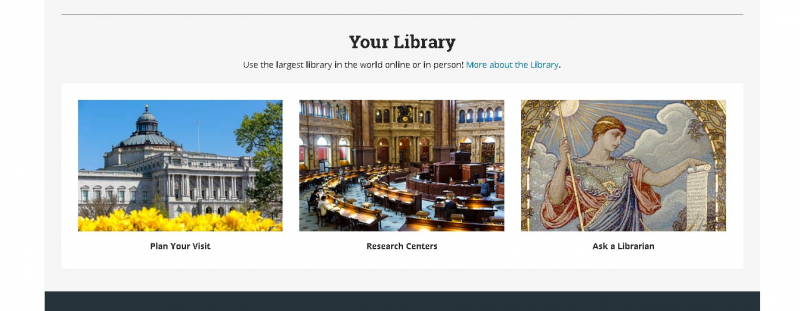
Screenshot via https://www.loc.gov/ -
PubMed Central (PMC) is a free digital repository of biomedical and life sciences journal literature maintained by the National Library of Medicine (NLM), a division of the National Institutes of Health (NIH) in the United States. It was launched in 2000 and provides access to a vast collection of full-text articles from a wide range of biomedical and life science journals.
PMC includes articles from a variety of sources, including open access journals, journals that deposit their content in PMC through partnerships with publishers, and journals that are required by funding agencies to make their research publicly available. As of 2021, PMC contains over 7 million articles, with new content added regularly.
PMC focuses on biomedical and life sciences research, making it a valuable resource for researchers, healthcare professionals, and others interested in these fields. PMC offers a range of search capabilities, allowing users to search by author, keyword, journal, and other criteria.
PMC also offers a variety of additional features, such as the ability to create alerts for new articles or save searches for future reference. Additionally, PMC provides tools for data analysis, including the ability to download articles in XML format for use with data analysis software.Pros:
- Specializes in biomedical and life sciences research.
- Includes full-text content from various biomedical journals.
Cons:
- Coverage is primarily focused on the biomedical field.
- Some articles may have access restrictions or require subscriptions.
- Limited advanced search features compared to other databases.
Website: https://www.ncbi.nlm.nih.gov/pmc/
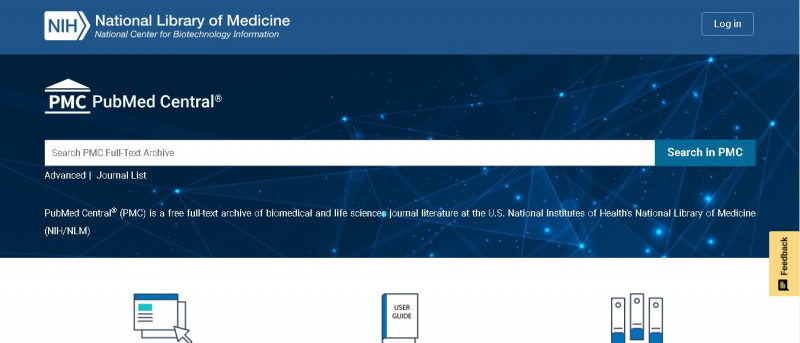
Screenshot via https://www.ncbi.nlm.nih.gov/pmc/ 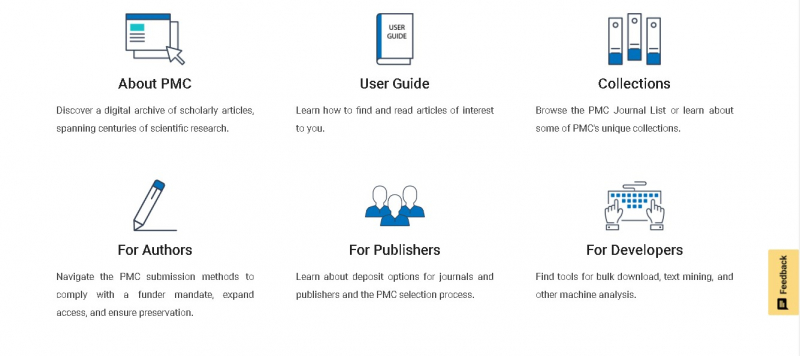
Screenshot via https://www.ncbi.nlm.nih.gov/pmc/ -
Google Books is a digital project initiated by Google with the aim of digitizing and granting access to the content of printed books. Since its launch in 2004, it has strived to create an all-encompassing online database of books from various publishers and libraries worldwide.
Google Books provides users with the ability to search for specific books or topics and presents previews, snippets, and often full-text access to the scanned pages of books. The range of content available is vast, including popular novels, academic publications, out-of-print books, and rare editions.
The process of digitization involves converting physical books into digital copies, allowing for easy searchability and indexing by Google's search engine. While not all books within the Google Books database are accessible in their entirety, users can often explore a substantial portion of the content, including text snippets, tables of contents, and bibliographic information.
Moreover, Google Books extends features like advanced search options, personalized book recommendations, and the capability to create personal bookshelves and annotations. Additionally, it incorporates tools such as the Google Ngram Viewer, which permits users to analyze the frequency of words or phrases across books over time.
Pros:
- Allows searching within the text of books, making it useful for research.
- Provides previews and snippets of content for books that are copyrighted.
Cons:
- The availability of full-text books can vary.
- Limited focus on specialized academic journals or articles.
Website: https://books.google.com/
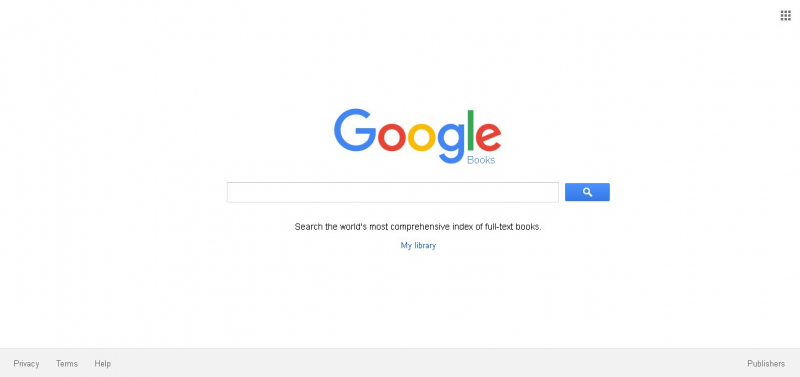
Screenshot via https://books.google.com/ 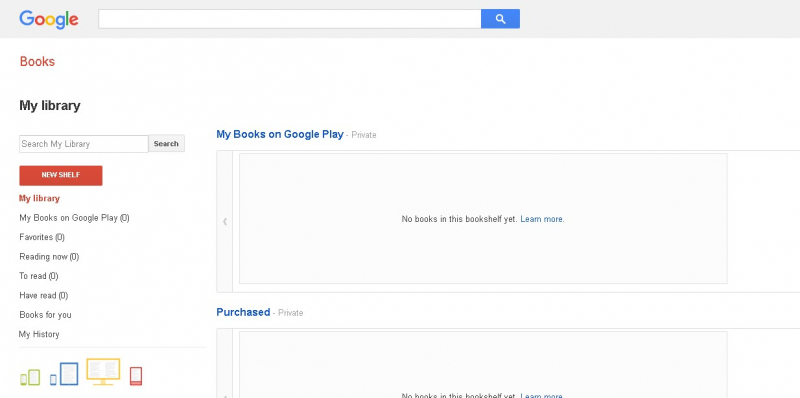
Screenshot via https://books.google.com/ -
Science.gov is a comprehensive website that serves as a gateway to U.S. government science information and research. It provides access to a wide range of scientific resources, including research papers, scientific databases, reports, and other scientific information from various government agencies.
Science.gov is a collaborative effort among several federal agencies, including the Department of Energy, the National Institutes of Health, the National Science Foundation, and many others. It aims to make government-funded scientific research easily accessible to the public, researchers, scientists, educators, and policymakers.
The website offers a powerful search engine that allows users to explore a vast collection of scientific information across multiple disciplines, including physics, chemistry, biology, engineering, environmental science, and more. Users can search for specific topics, keywords, authors, or institutions to find relevant scientific documents and data.
Science.gov provides direct access to full-text articles, technical reports, conference papers, and other types of scientific literature. It also features links to scientific databases, research centers, and resources maintained by government agencies. Users can access information on topics such as climate change, energy, health, agriculture, space exploration, and many other scientific fields.
Pros:
- Serves as a gateway to various scientific research databases and government websites.
- Covers multiple scientific disciplines.
Cons:
- May not include all scientific literature or be as comprehensive as specialized databases.
- Some resources may require additional subscriptions or payments.
Website: https://www.science.gov/
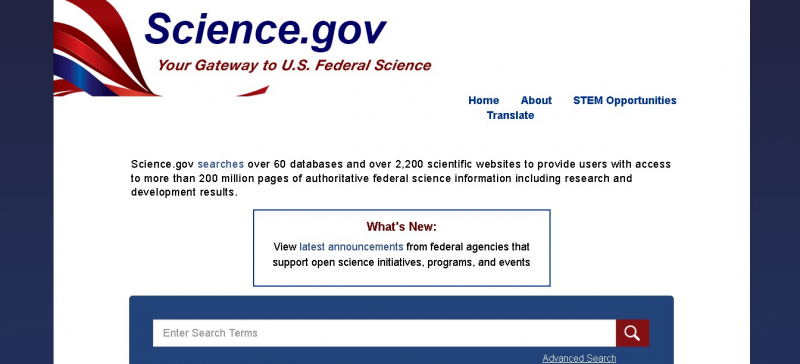
Screenshot via Science.gov 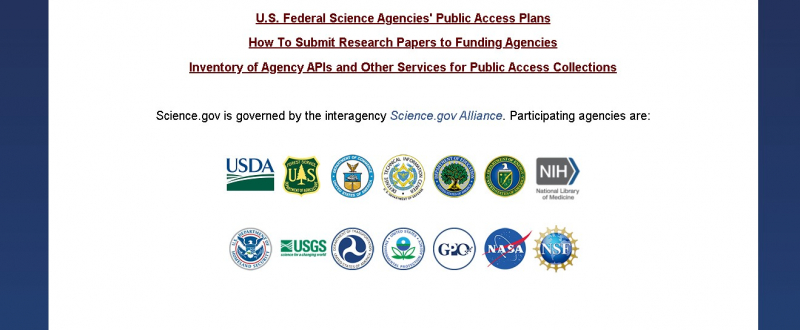
Screenshot via Science.gov -
The Digital Commons Network is a repository of open-access scholarly works from institutions around the world. It is operated by Bepress, a company that provides academic publishing and institutional repository software and services. The Digital Commons Network allows users to search for and access a wide range of scholarly content, including articles, theses, dissertations, and other types of scholarly publications.
The Digital Commons Network includes content from over 500 institutions, including universities, colleges, research centers, and other organizations. The content is organized by discipline, making it easy for users to find relevant articles and other publications in their field of interest.
The open access policy of the Digital Commons Network is a key advantage, as it enables free access to all content for anyone with an internet connection. This is particularly beneficial for individuals who lack access to traditional academic databases or seek alternative sources of information. In addition to this, the platform offers various tools to assist users in finding and accessing scholarly content, such as search options, subject and institution browsing, and the option to set up alerts for new content in specific fields of interest.
Pros:
- Allows researchers to share their work and increase its visibility.
- Offers search features and browsing options within the network.
Cons:
- Limited to works hosted within the Digital Commons Network.
- Not all content may undergo peer review.
Website: https://network.bepress.com/
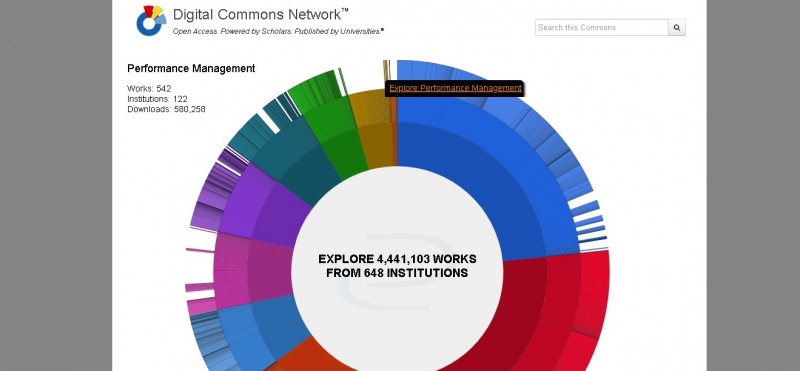
Screenshot via https://network.bepress.com/#/life-sciences/ 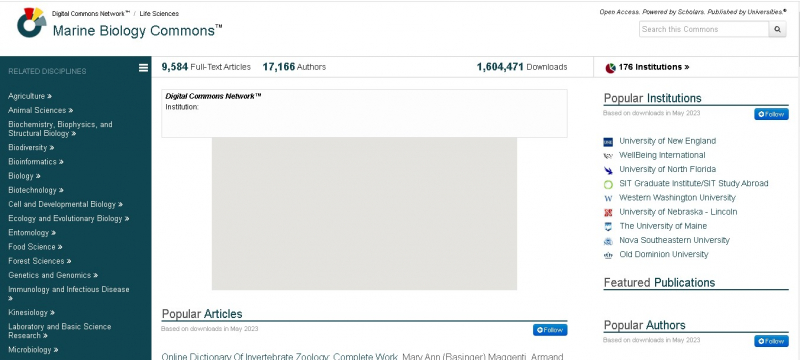
Screenshot via https://network.bepress.com/#/life-sciences/ -
ResearchGate is a social networking site designed specifically for researchers and scientists to share their work, collaborate with others, and connect with peers in their field. It was founded in 2008 and has grown to become one of the largest academic social networking sites, with over 20 million registered users.
ResearchGate allows researchers to create profiles, upload their publications, and connect with other researchers in their field. Users can also ask and answer questions related to their research, participate in discussions, and share their research findings with others.
ResearchGate also offers a range of tools to help researchers manage their research, including the ability to track citations for their publications, monitor the impact of their research, and collaborate with other researchers on projects.
Another benefit of ResearchGate is that it offers a range of metrics to help researchers assess the impact of their work, including the RG Score, which is a measure of a researcher's reputation based on their research contributions and engagement on the platform.Pros:
- Enables researchers to connect, collaborate, and share their work.
- Provides access to a wide range of research papers, preprints, and datasets.
- Offers features like Q&A forums, networking opportunities, and citation metrics.
Cons:
- Some content may be uploaded without proper copyright permissions.
- Quality control varies, and not all sources are peer-reviewed.
- Tendency for self-promotion and biased reporting due to individual researcher profiles
Website: https://www.researchgate.net/
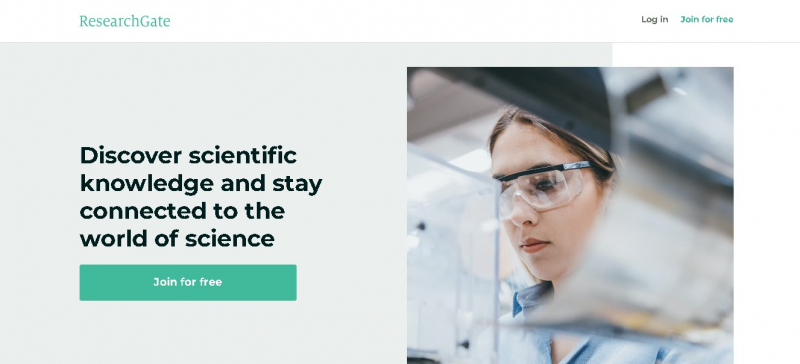
Screenshot via https://www.researchgate.net/ 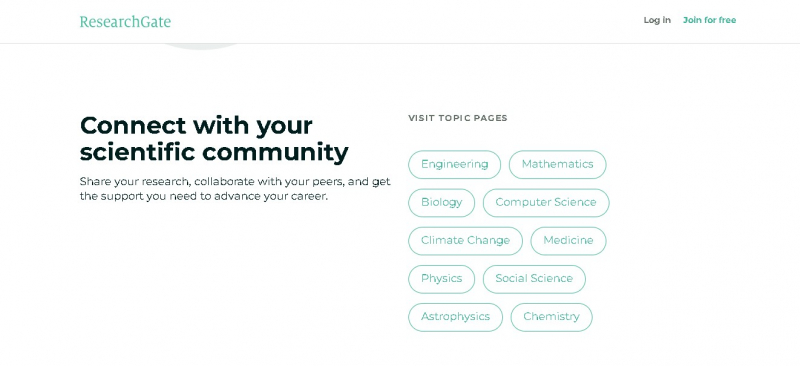
Screenshot via https://www.researchgate.net/ -
WorldCat, a worldwide catalog of library collections, empowers users to explore books, journals, articles, and other materials held by libraries across the globe. This website is one of the best websites to use for research. Established in 1971 and managed by OCLC (Online Computer Library Center), a nonprofit organization serving libraries worldwide, it serves as a comprehensive resource for library services and research tools.
WorldCat encompasses bibliographic records for an extensive collection of over 2 billion items, spanning books, journals, DVDs, and various other materials held by libraries worldwide. Users can conduct searches based on author, title, subject, or keyword, with search results showcasing the libraries that possess the desired item, along with accompanying information.
WorldCat offers a valuable advantage by enabling users to uncover materials that may not be accessible through their local libraries or conventional catalog systems. This proves particularly beneficial for researchers seeking specialized resources or individuals in search of out-of-print or hard-to-find materials.
Pros:
- Provides access to a vast collection of library catalogs worldwide.
- Enables users to search for books, journals, multimedia, and other materials.
- Offers interlibrary loan options to access resources not available locally.
Cons:
- Availability of materials can vary based on library holdings.
- Limited to physical materials and may not include all online resources.
Website: https://www.worldcat.org/
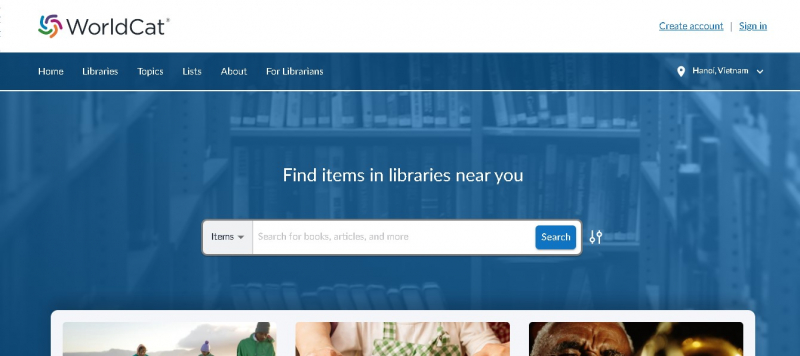
Screenshot via https://www.worldcat.org/ 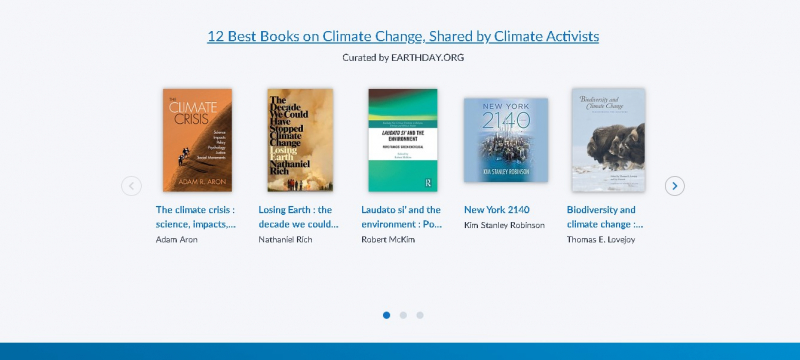
Screenshot via https://www.worldcat.org/ -
Microsoft Academic is a search engine that focuses on academic publications and research articles, and it is available to users at no cost. It was released in 2016 as a replacement for Microsoft's previous academic search engine, Microsoft Academic Search.
The platform utilizes machine learning algorithms to evaluate and rank scholarly publications based on factors like citation count, author reputation, and journal ranking. It aggregates a broad range of academic sources, including journals, conference proceedings, and preprint repositories, and enables users to search for articles by author, title, keyword, or subject.
Microsoft Academic's capacity to provide more comprehensive coverage of academic publications compared to other search engines is one of its advantages. It encompasses a variety of sources, such as open-access publications, and offers advanced search features that allow users to fine-tune their search results based on specific criteria.
Microsoft Academic also provides various other tools to assist researchers in discovering and accessing scholarly content. These features include citation graphs that illustrate how articles have been cited over time, the ability to monitor the impact of their own publications, and the option to establish alerts for new publications in specific areas of interest. All things considered, this is definitely one of the best websites to use for research.
Pros:
- Provides advanced search capabilities and citation analysis tools.
- Includes features like visualizations of academic networks and author profiles.
Cons:
- Coverage may be biased toward certain disciplines or regions.
- Less popular in usage compared to other academic search engines.
- Limited availability of full-text articles compared to other platforms.
Website: https://www.microsoft.com/en-us/research/project/academic/
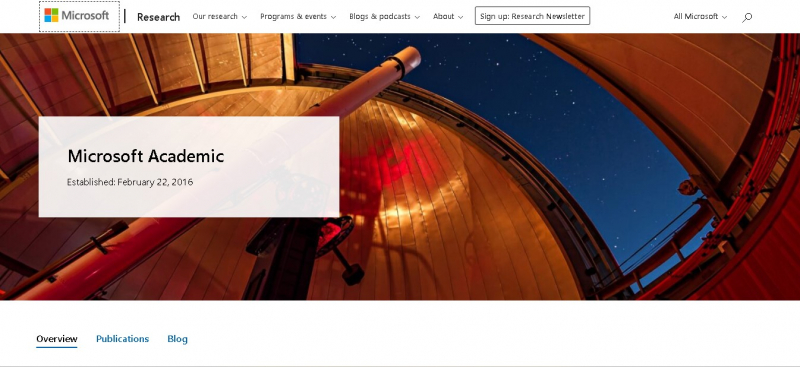
Screenshot via https://www.microsoft.com/en-us/research/project/academic/ 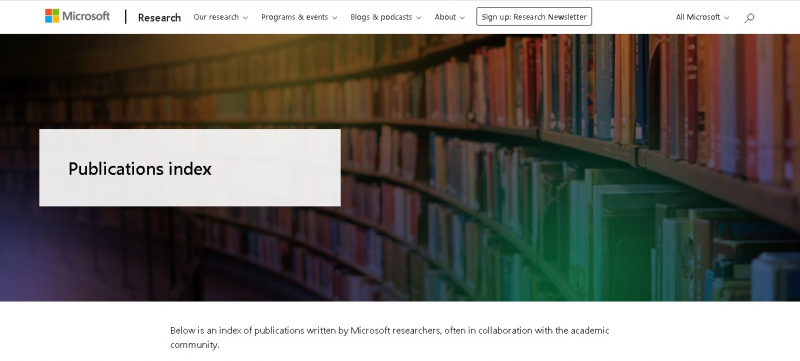
Screenshot via https://www.microsoft.com/en-us/research/project/academic/



















